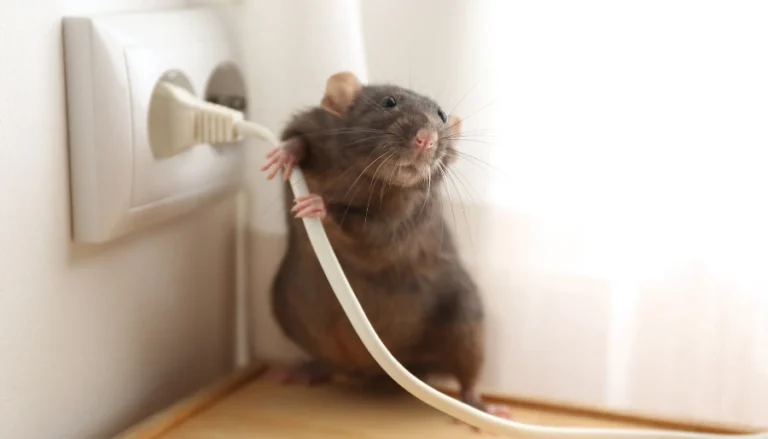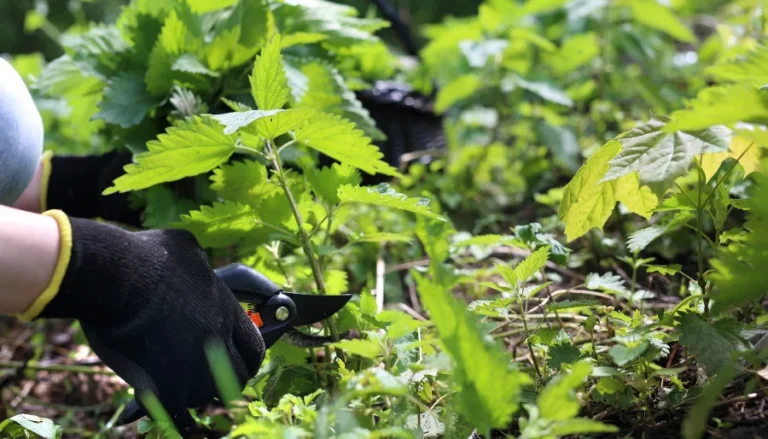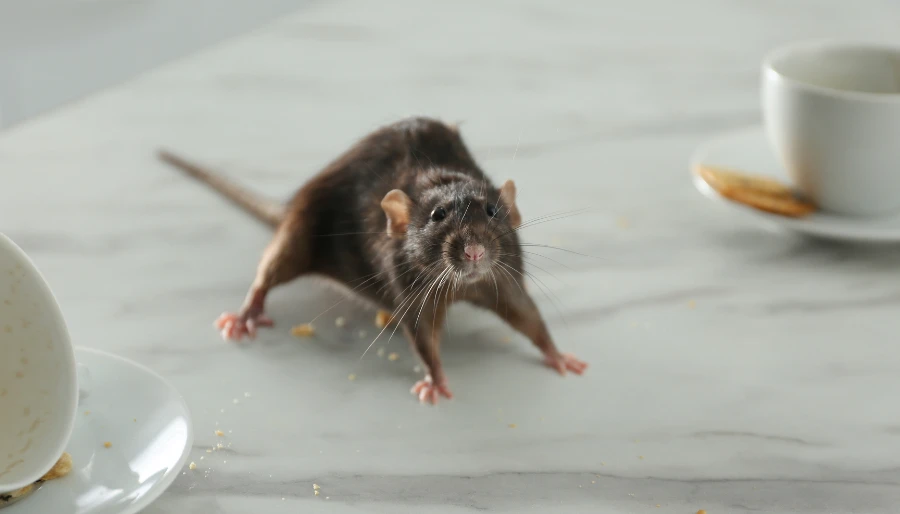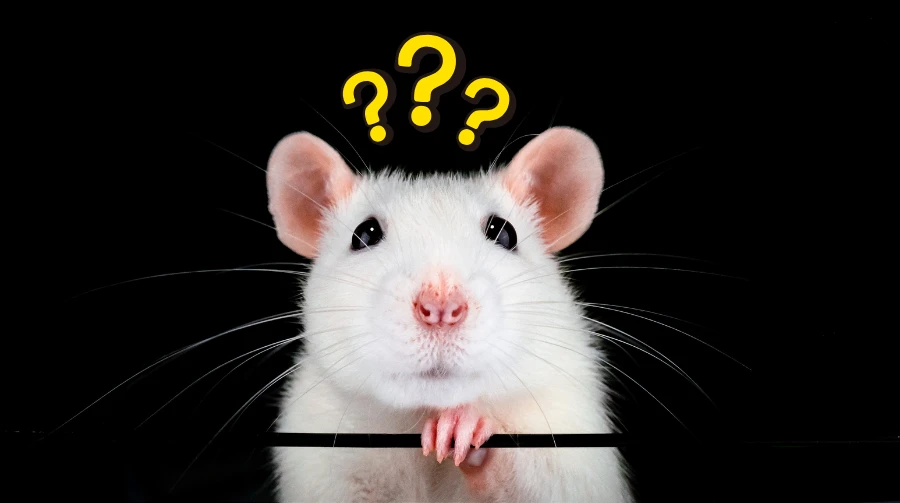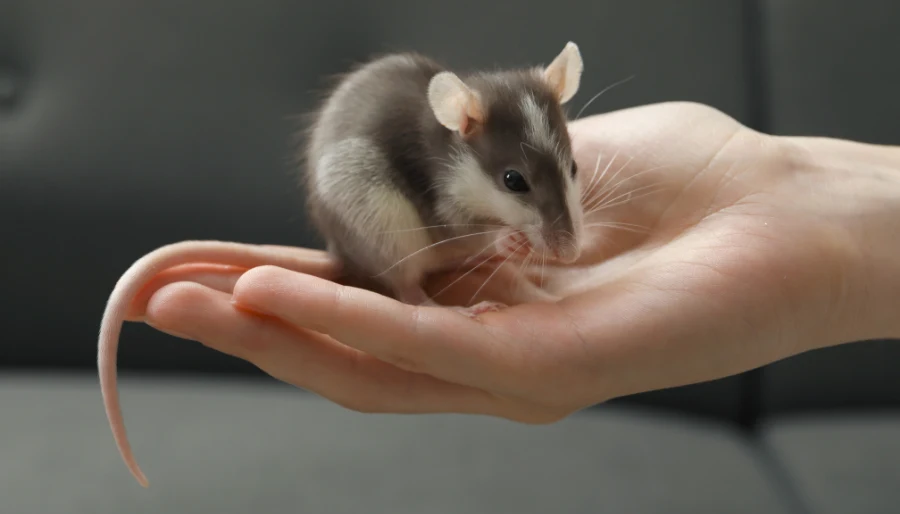Step into any grocery store, and you’ll be bombarded with green marketing. It’s everywhere, folks. Our shelves are adorned with eggs claiming to be “all natural,” while our shampoos boast green labels with leaves and generic trees.
In many ways, this surge in eco-friendly consumerism is a step in the right direction. Organic produce and sustainably-made clothing are essential to reducing our industrial and personal footprints.
However, lurking among these ethically driven products lies a devious form of advertising—greenwashing.
Greenwashing permeates almost every sector of the consumer market, from bath products to meat packaging.
Today, let’s zoom in on Fiji Water and explore how they employ ad campaigns to construct a green image around their environmentally detrimental company.
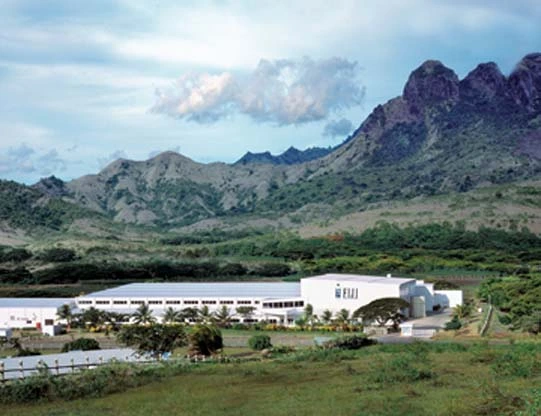
But before we dive in, why is greenwashing such a big deal?
Well, my friends, it preys on our desire to lead eco-conscious lives without actually delivering sustainable products. And at its core, one of the greenest things we can do is buy less stuff.
Before we dig into this, you may be curious to know just who owns Fiji Water?
The indigenous people of Fiji?
Not even close!
The Wonderful Company owns Fiji Water, the same one that owns POM Wonderful and Teleflora.
So no matter how amazing a product claims to be, it’s likely a tad deceptive to market it as “green.”
Greenwashing involves using labels like “all-natural” or “eco-friendly,” or simply slapping a green background on the packaging to entice customers into buying something that is far from environmentally friendly.
In some cases, larger companies falsely label their products as eco-friendly, like eggs labeled “farm fresh” or “all-natural,” and often outshine smaller, genuinely eco-conscious businesses. And now, let’s embark on Fiji Water’s recent marketing campaign, the epitome of greenwashing.
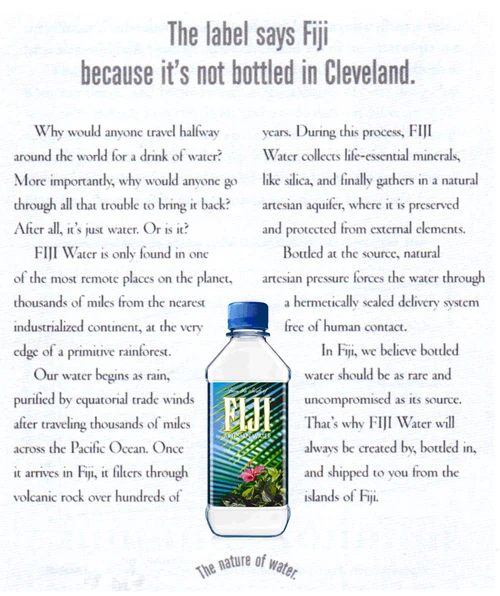
In 2006, Fiji Water stirred up controversy with an ill-advised advertisement that read, “The label says Fiji because it’s not bottled in Cleveland.”
This seemingly innocuous statement caused a major uproar and was perceived as a direct insult by the Cleveland Water Department. In response, the department decided to put Fiji Water to the test.
The Cleveland Water Department conducted meticulous tests comparing the quality of Fiji Water to that of Cleveland tap water, as well as other national bottled brands.
The results were eye-opening. It was discovered that Fiji Water contained a concerning level of arsenic—specifically, 6.31 micrograms per liter—while Cleveland tap water contained none.
This finding cast doubt on Fiji Water’s claim of providing pristine and superior water compared to municipal sources.
Seeking clarity, Fiji Water conducted its own test in 2014, exactly eight years after the fact which, I imagine, was plenty of time to make some much-needed improvements, with the results published in 2015.
The test aimed to measure the arsenic level in Fiji Water bottles that were filled in November 2014. According to the company’s report, the arsenic concentration was measured at 1.2 micrograms per liter, comfortably below the FDA’s limit of 10 micrograms per liter.
In case you were wondering, Cleveland’s city water still contained no arsenic in 2014.
Fiji Water presents itself as a “gift from nature,” a gesture of repayment for leaving nature undisturbed. Their ad showcases water bottled at the source, untouched and unspoiled—a divine elixir bestowed upon us. Visually appealing with double exposures of pristine landscapes flickering within the bottle’s edges, the ad contrasts this purity with a dark cityscape background.
It creates an illusion of a world untouched by human hands. To drive the point home, a young girl’s voiceover declares, “bottled at the source, untouched by man.”
Ah, but here’s the catch—this ad cleverly masks Fiji Water’s large environmental footprint with a cloud of green imagery.
Let’s face the facts. Fiji Water’s practices include bottling water in plastic containers that take years to degrade and shipping them across the globe, contributing to environmental havoc. The air and water suffer as a result.
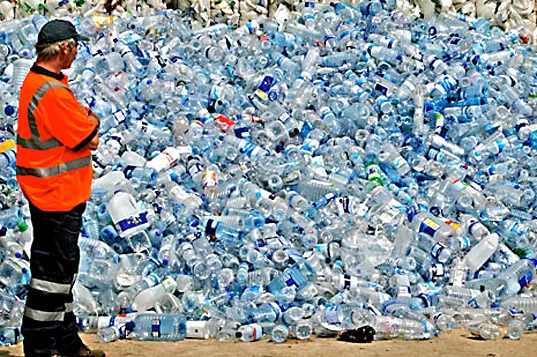
And here’s the kicker: according to the World Health Organization, a staggering 47% of Fijians lack access to clean and safe drinking water.
This commercial is just a tiny fragment of Fiji’s broader campaign to portray their bottled water company as the epitome of nature. It’s a strategic move to attract environmentally conscious customers by framing their water bottles as a symbol of ecological purity.
Fiji tells a one-sided story, appealing to their customers’ moral conscience. You can’t help but choose Fiji over other bottled waters because they paint it as a way to reduce carbon emissions and save the Fijian rainforest.
Yet, in reality, their product is intrinsically linked to the very pollution causing carbon emissions and deforestation.
Fiji Water: Fossil Fuel Bombshell and Broken Eco Promises
Fast Company dropped a bombshell in 2007 when it revealed that the factory machinery responsible for extracting water from underground sources to produce Fiji Water runs on diesel fuel.
The very process of creating one Fiji Water bottle consumes a staggering 1.75 gallons of water and an astonishing 2,000 times more energy compared to tap water.
These figures shed light on the stark disparity between the environmental impact of bottled water and its readily available alternative.
In a bid to mitigate its carbon footprint, Fiji Water announced plans in 2008 to plant natural forests.
However, the company’s commitment to transparency and progress tracking raises eyebrows.
Their dedicated website section meant to monitor their reforestation efforts was mysteriously shut down by 2011.
By 2019, Fiji Water fell short of its promise to plant natural forests, accomplishing only 50% of the projected area. At this rate, it seems their grandiose carbon-negative plan won’t be realized until at least 2037, leaving us questioning the true extent of their environmental stewardship.

How many Fiji Water bottles can you spot?
Bottles Up is a small plastic bottle boat crafted by the owner and employees of the Rain Tree Lodge - an eco backpacker’s hotel on the island of Viti Levu in Fiji. Built out of plastic bottle, a layer of foam, and held together with glue. It can support three large Fijian men all afternoon.
These revelations pierce through the greenwashing facade meticulously crafted by Fiji Water’s marketing campaigns. It raises serious concerns about their actual commitment to environmental sustainability.
While their ads depict a pure and untouched paradise, the reality behind the scenes paints a different picture—one tainted by the excessive consumption of resources, unfulfilled promises, and a plastic pollution predicament.
More To Discover
Greenwashing manifests in various forms, and it’s not always as apparent as with Fiji Water. Understanding how and why greenwashing works is crucial to unveil the truth behind cleaning products labeled as “green.” Often, nature and trees are used to create an impression of eco-friendliness, while the claims lack substance.
So here’s a tip: do your research and shop with intention. The collective power of consumers can guide companies toward producing more honest and ethical products. We need to stay vigilant, my eco-warriors, and unveil the greenwashing facade. It’s time to hold companies accountable and demand truth in advertising. Let’s make informed choices and pave the way to a genuinely sustainable future.








